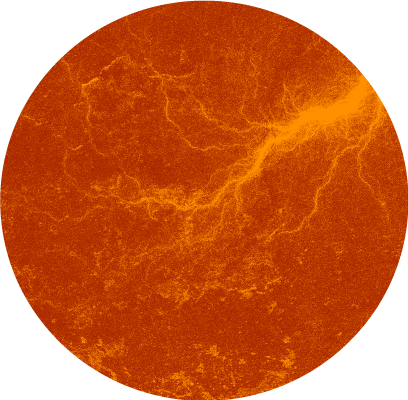The Names of the Planets
The naming of objects in space is regulated by the International Astronomical Union, whose members are professional astronomers worldwide.
Our sun is simply called the Sun. It comes from the Latin Solis. Sol is the Latin equivalent of the Greek sun god Helios.
The IAU recognizes that many of the names of objects in our solar system come from long-standing traditions. Most of them were named in antiquity based on Greek or Roman mythology. The IAU has therefore adopted this tradition and it was continued when Uranus, Neptune, and Pluto were discovered in modernity.

Mercury is the god of commerce, travel and thievery in Roman mythology. The planet probably received this name because it moves so quickly across the sky, taking only 88 days to orbit the Sun.
Venus is the Roman goddess of love and beauty. The planet is aptly named since it makes a beautiful sight in the sky, with only the Sun and the Moon being brighter.


Earth is the only planet in our solar system whose English name is not based on Greek and Roman mythology. The origins of the word are from various European languages’ words meaning “ground” or ”soil”.

Mars is named for the Roman god of War. The name was given because of the blood red color of the planet. That reddish appearance is due to iron oxide in the dust on its surface.

Jupiter is the King of the Gods in Roman mythology. The planet is by far the largest in our solar system, which is perhaps why it is named for the most important of gods.

Saturn is the farthest planet from Earth that can be observed by the naked human eye, and the last to be named by the Romans. It is named after the Roman god of agriculture, also the god of time. Saturn is the slowest in orbit of the sun out of the five planets visible from Earth, which may be why it is named after the time god.
Uranus is named after the ancient Greek deity of the sky and heavens. Uranus is the father of Kronos (Saturn) and grandfather of Zeus (Jupiter). It is the only of the 8 planets that takes it’s name from Greek rather than Roman mythology. It is also the first to be named in modernity.


Neptune is the Roman god of the Sea, named for its rich blue color. The color comes from the methane in Neptune’s atmosphere.